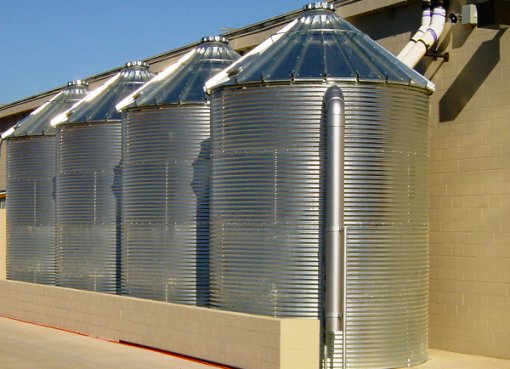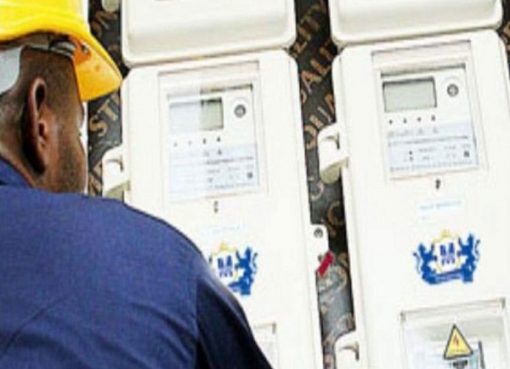For the first time, mouse embryos were grown aboard the International Space Station (ISS).
This preliminary experiment suggests that zero gravity and harsh space radiation conditions may have little effect on embryonic development.
This important development may further assist research into the safety and viability of human pregnancies in space. Understanding the influence of space conditions, such as microgravity and radiation, on mammalian reproduction is critical to ensuring the long-term survivability of humans in space.
Microgravity experiments
In August 2021, researchers from the University of Yamanashi and the Japan Aerospace Space Agency (JAXA) launched hundreds of frozen mouse embryos to the orbiting space station.
The two-cell mouse embryos were cryogenically preserved at an ultra-low temperature of -95 degrees Celsius.
According to an AFP report, astronauts used equipment such as an embryo thawing and culturing unit (an ETC) to thaw the early-stage embryos. Subsequently, they grew them on the station for four days.
Following that, the embryos were kept at low temperatures before being returned to Earth in October 2021.
The results showed that embryos grown in microgravity developed normally into blastocysts, which are the cells that eventually give rise to the fetus and the placenta.
“Gravity did not affect initial differentiation of mammalian embryos,” mentioned the study paper. The authors highlight that this is “the first-ever study” that suggests mammals could potentially thrive in microgravity.
The embryos displayed typical cell counts and other characteristic attributes. The findings also demonstrated no significant alterations in the state of the DNA and genes.
Reportedly, as per the joint statement: “In the future, it will be necessary to transplant the blastocysts that were cultured in ISS’s microgravity into mice to see if mice can give birth.”
This type of research holds significant relevance for future space exploration and colonization missions.
“There is a possibility of pregnancy during a future trip to Mars because it will take more than 6 months to travel there. We are conducting research to ensure we will be able to safely have children if that time comes,” Teruhiko Wakayama at the University of Yamanashi in Japan, who led the study said
The team intends to confirm the outcomes of this preliminary experiment with further study.
In recent years, numerous startups and institutions have been in a race to explore the potential of reproduction in space.
SpaceBorn United, a Dutch company, has developed a compact in-vitro fertilization (IVF) device and embryo incubator with plans to launch it into space in the coming years.
The company plans to initiate experiments at the cellular level, starting with mammalian cells and eventually progressing to human cells in a space environment. These experiments will assess various strategies aimed at enabling reproduction in space.
The results were reported in the journal iScience.
Study abstract:
Mammalian embryos differentiate into the inner cell mass (ICM) and trophectoderm at the 8–16 cell stage. The ICM forms a single cluster that develops into a single fetus. However, the factors that determine differentiation and single cluster formation are unknown. Here we investigated whether embryos could develop normally without gravity. As the embryos cannot be handled by an untrained astronaut, a new device was developed for this purpose. Using this device, two-cell frozen mouse embryos launched to the International Space Station were thawed and cultured by the astronauts under microgravity for 4 days. The embryos cultured under microgravity conditions developed into blastocysts with normal cell numbers, ICM, trophectoderm, and gene expression profiles similar to those cultured under artificial-1 g control on the International Space Station and ground-1 g control, which clearly demonstrated that gravity had no significant effect on the blastocyst formation and initial differentiation of mammalian embryos.










